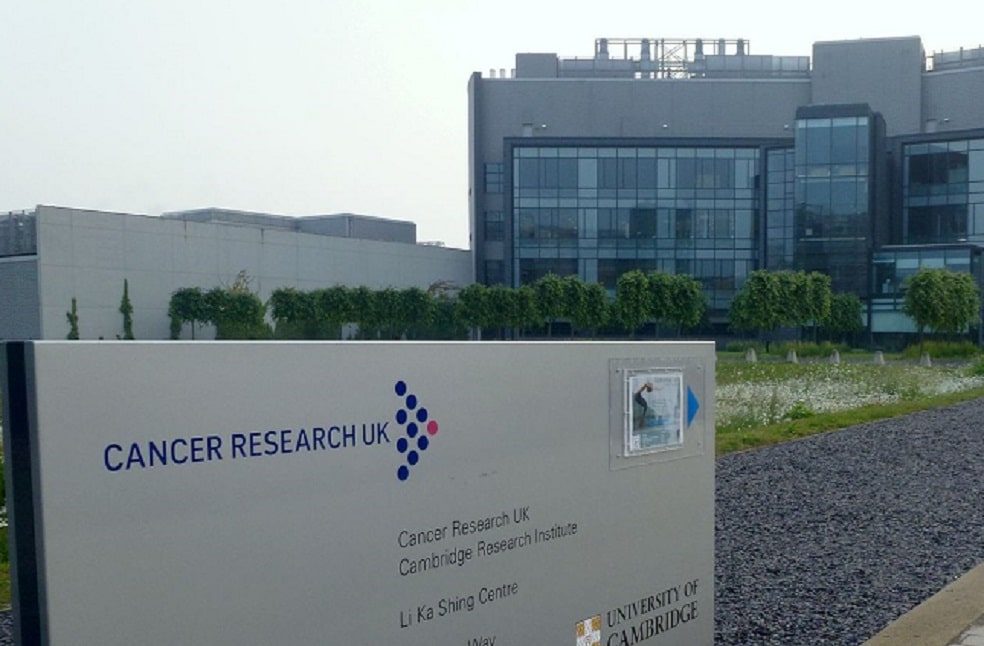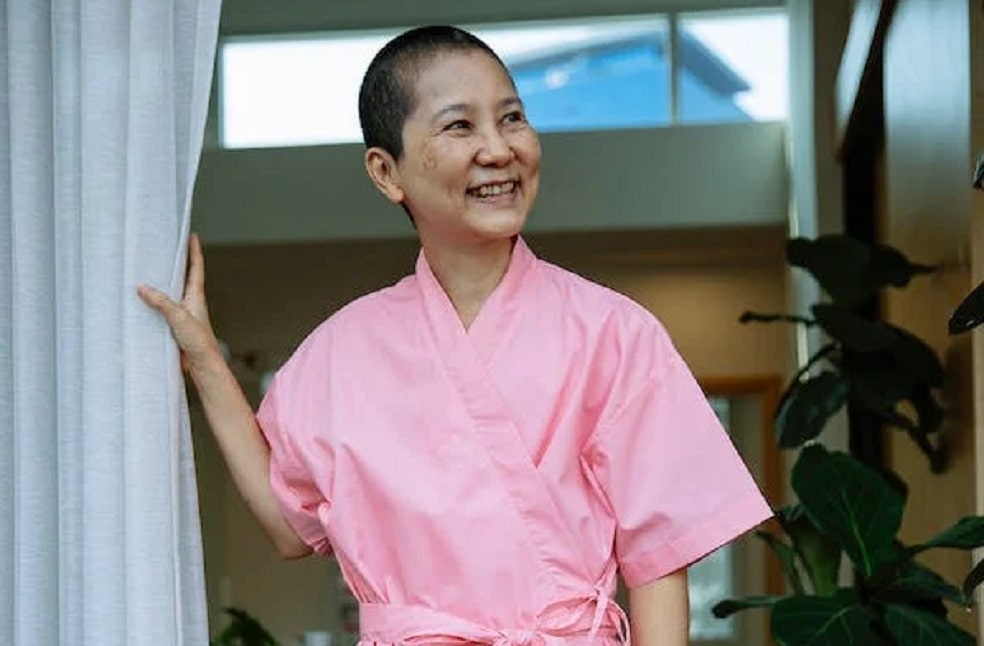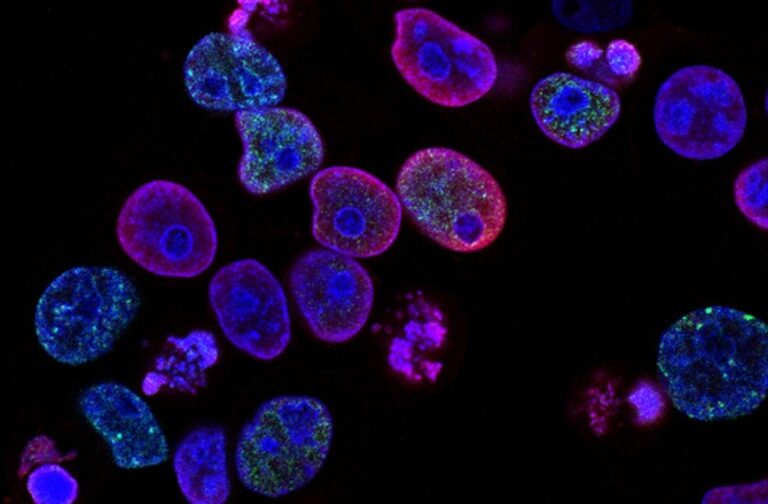United Kingdom: A new study has found that remnants of ancient viruses passed down over thousands or even millions of years in human DNA could help fight cancer. Scientists at the Francis Crick Institute were studying lung cancer, the leading cause of cancer-related deaths globally, to understand why some patients respond better than others to immunotherapy.
The research, published in Nature, found the dormant relics of old cells can be activated by cancerous cells. This can then inadvertently help the immune system target and attack the tumour.
Scientists said the “fascinating” findings could be used to help more people survive lung cancer by boosting cancer treatment or even preventing it.

Mr. Julian Downward, the associate research director and head of the oncogene biology laboratory at the institute, commented that “this work opens up a number of new opportunities for improving patient responses to immunotherapy, a crucial step in helping more people survive lung cancer.”
By observing immune cell activity in mice with lung cancer and in human lung cancer tumour samples, the researchers found that antibody-producing white blood cells called B cells contribute to the immune response to lung cancer by producing tumour-binding antibodies.
When they looked at the target of this response, the research team found that the antibodies recognised proteins expressed by ancient viral DNA, known as endogenous retroviruses (ERVs), which form about 5 percent of the human genome and are passed down from the historic infections of our ancestors.
“We now know that areas of B cell expansion can help us predict a positive response to checkpoint inhibition. With more research, we could work to boost B cell activity in a targeted way for the patients who are less likely to respond,” Mr. Downward added.

Mr. George Kassiotis, the head of the retroviral immunology laboratory at the institute, remarked that “ERVs have been hiding as viral footprints in the human genome for thousands or millions of years, so it’s fascinating to think that the diseases of our ancestors might be key to treating diseases today. With more research, we could look to develop a cancer treatment vaccine made up of activated ERV genes to boost antibody production at the site of a patient’s cancer and hopefully improve the outcome of immunotherapy treatment.”
The research was part of the TracerX study, funded by Cancer Research UK, which has been tracking lung cancers and showed cancer’s “near infinite” power to evolve.



